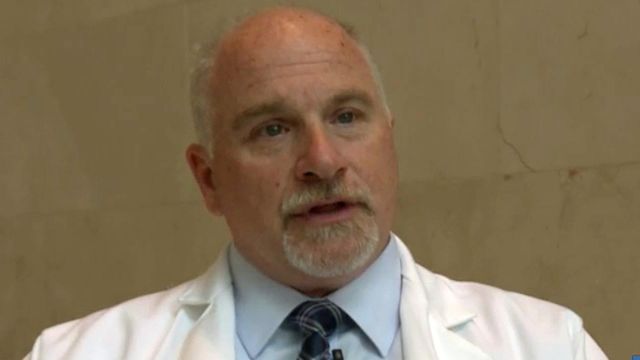Cures Act would ramp up funding for disease research
Federal funding for medical research flatlined more than 10 years ago. Now, there's hope that will change and ramp up the fight against cancer and other series diseases.
Posted — UpdatedFederal funding for medical research flatlined more than 10 years ago.
Now, there's hope that will change and ramp up the fight against cancer and other series diseases.
Dr. Steven Patierno, deputy director of the Duke Cancer Institute, says during lean times, biomedical research centers became more competitive, scrambling for the fewer available dollars to pursue breakthroughs and cures for cancers and other life-threatening diseases.
He said he looks forward to more collaboration and more sharing of trial data under the act.
“We are now prepared to launch into a new era of precision medicine,” Patierno said.
The legislation would boost funding for the Food and Drug Administration, “which will allow the FDA to fill out its roster of reviewers and increase its strike abilities,” he said.
It would also speed up the approval process for promising drugs and help research labs attract more of the brightest students to focus their talents on improving therapies and curing disease.
“It's generated a lot of excitement, a lot of enthusiasm in the biomedical research community and a lot of positive momentum after a long period of decline.” Patierno said.
WRAL News health expert Dr. Allen Mask said childhood diseases are a big focus of this bill.
“The funding is designed to help in the fight against childhood cancers and even rare diseases by fostering domestic and international research collaborations,” he said. “There are financial incentives for companies to develop drugs to treat cancer and other diseases in children.
Beyond the hope for better drugs and therapies, Patierno said, increased collaboration among research institutes could mean more patients find clinical trials closer to where they live. The new frontier of research is focused on disease at the molecular level and recognizing the different genetic components of disease.
“That means new treatments can be more personalized for patients and with fewer negative side effects,” Mask said.
• Credits
Copyright 2024 by Capitol Broadcasting Company. All rights reserved. This material may not be published, broadcast, rewritten or redistributed.





